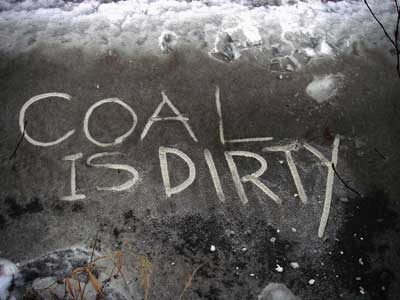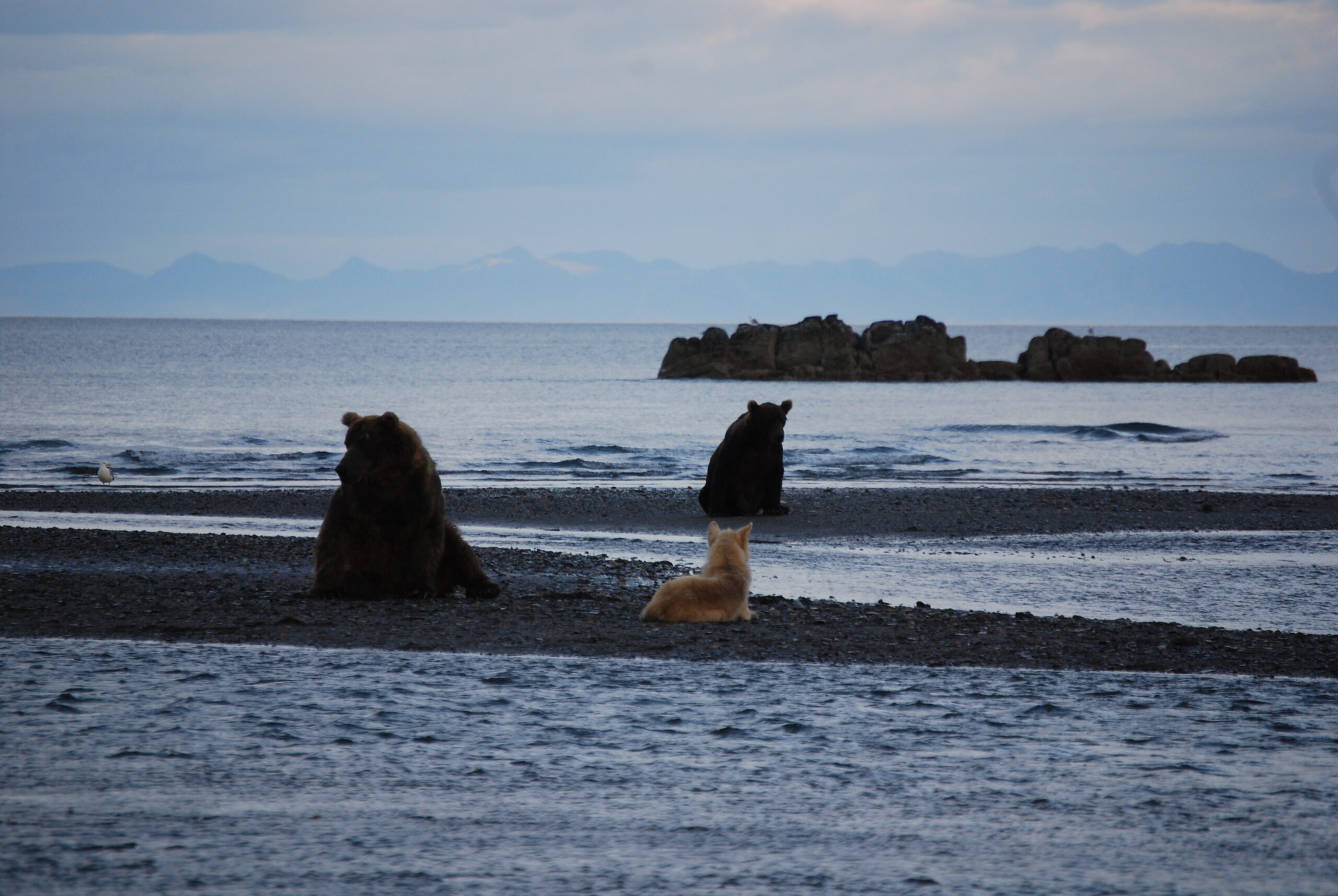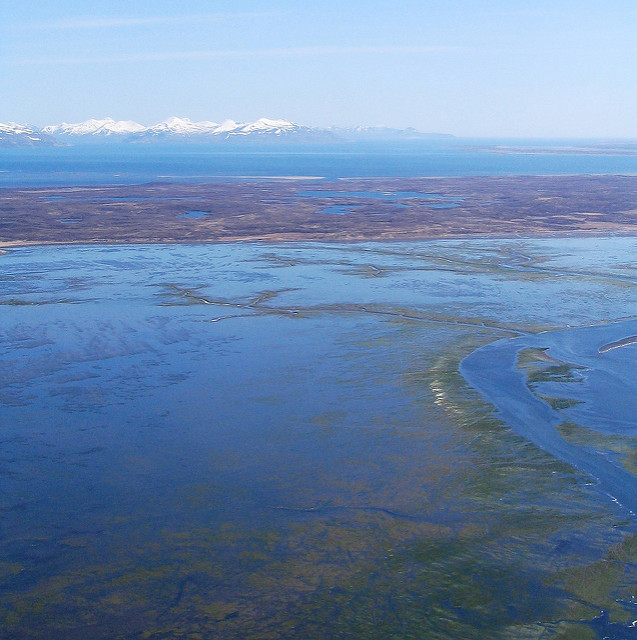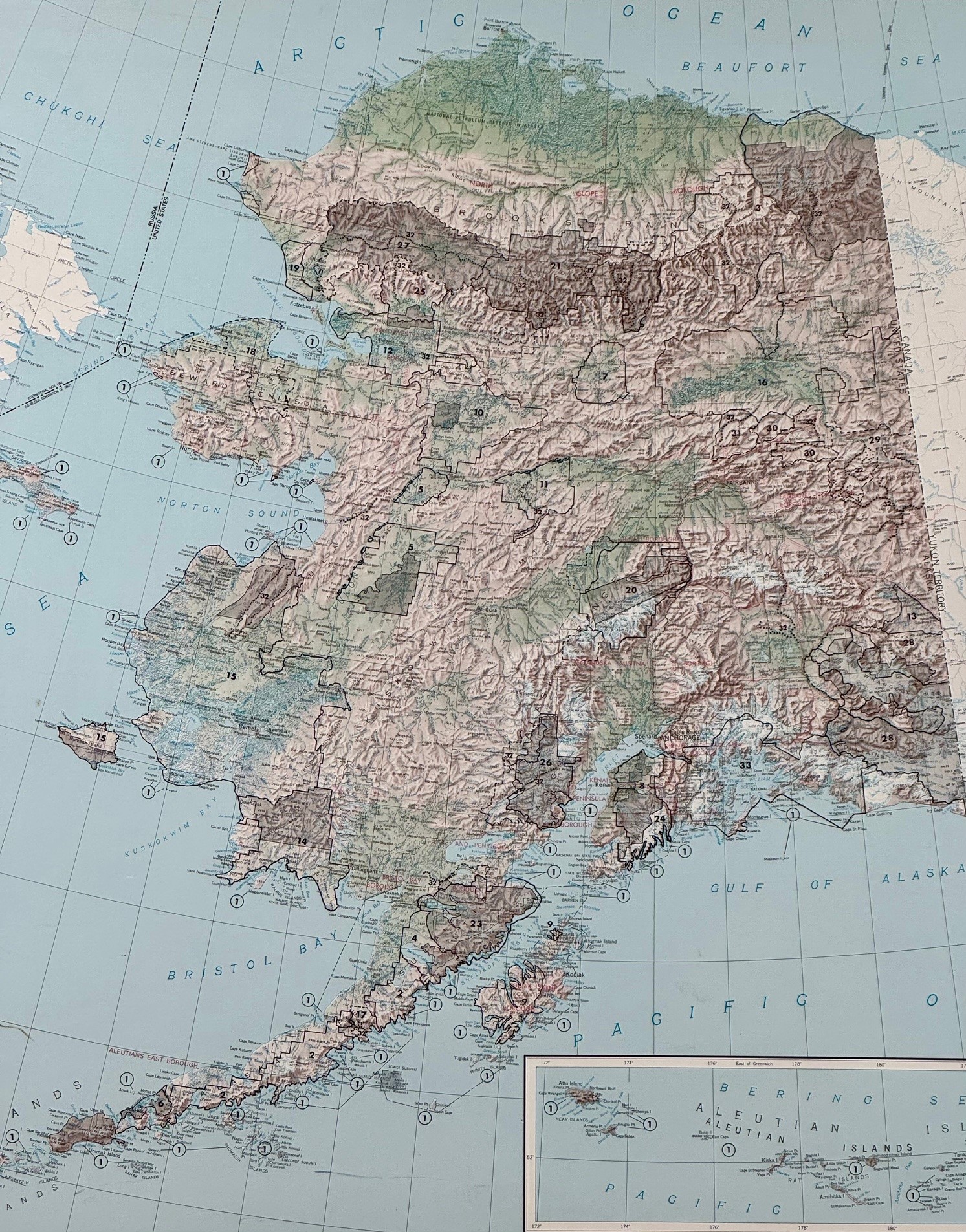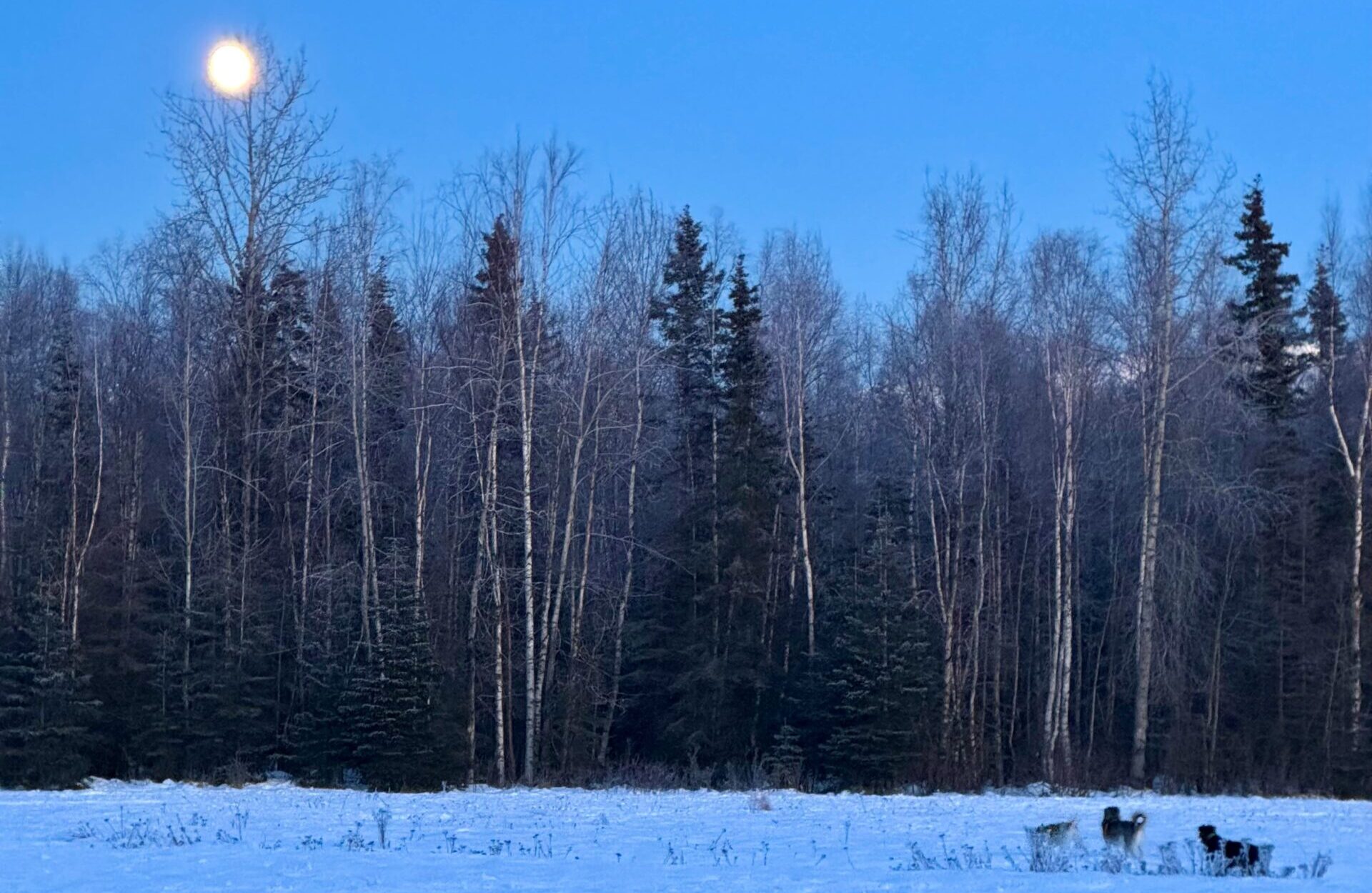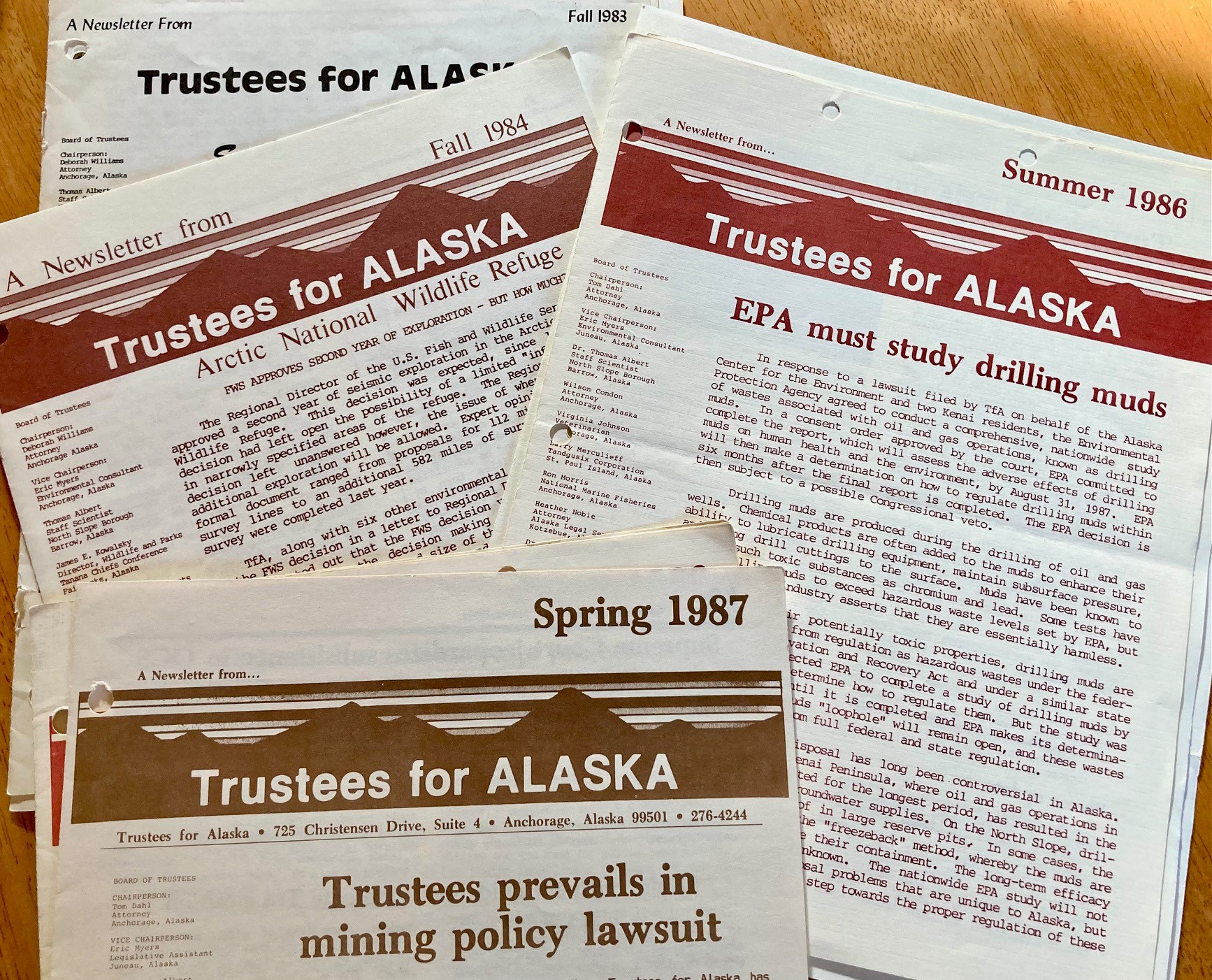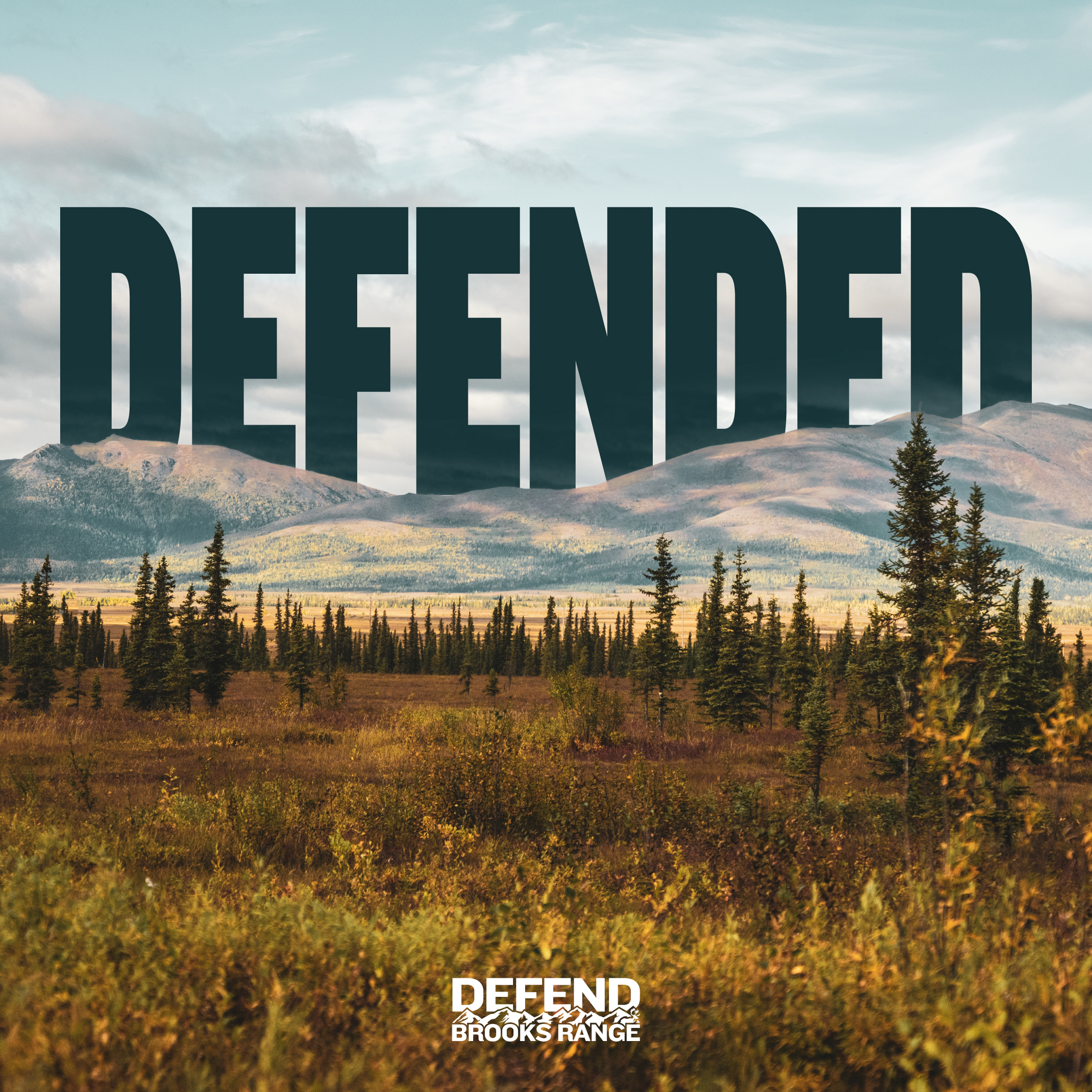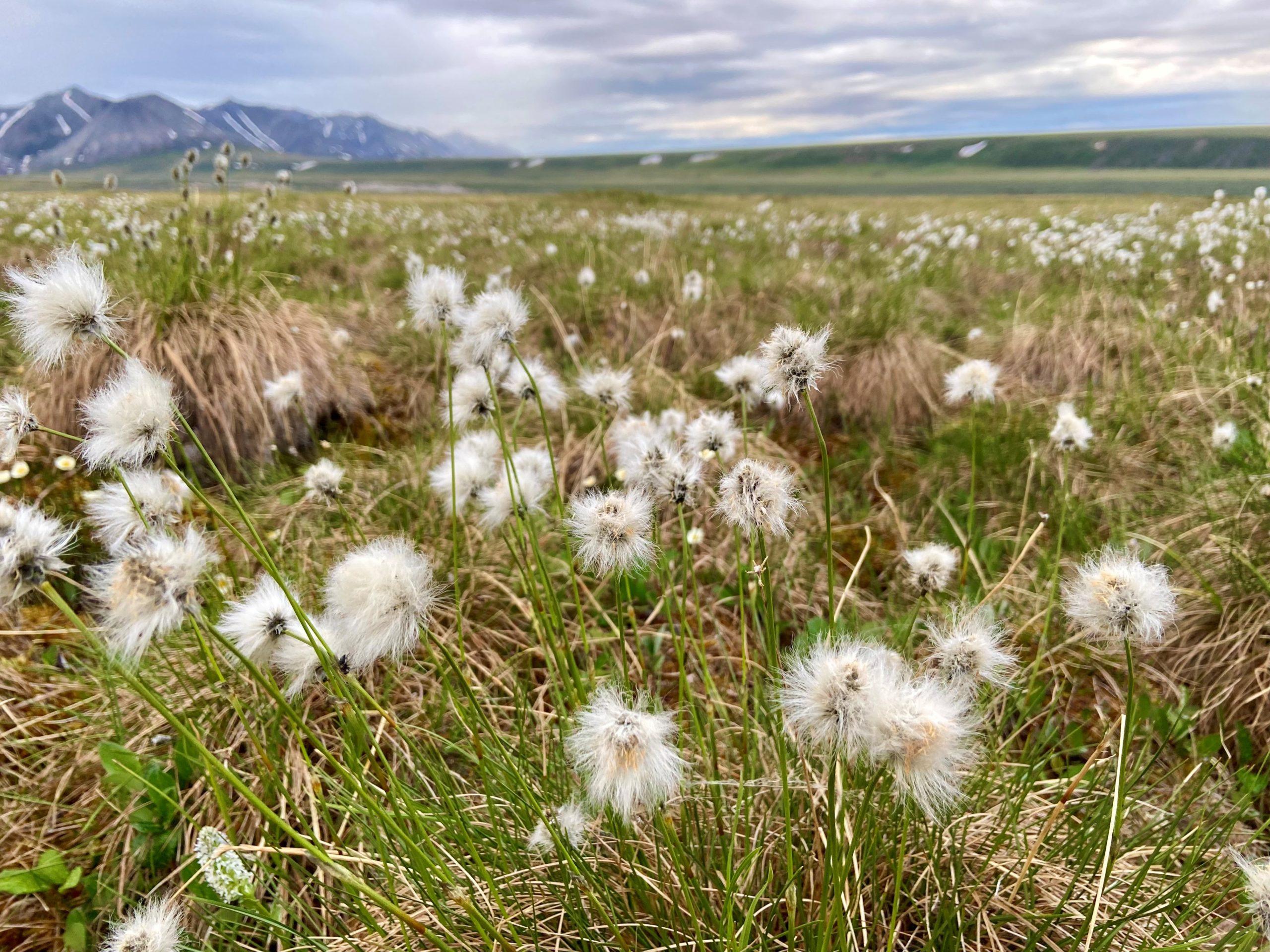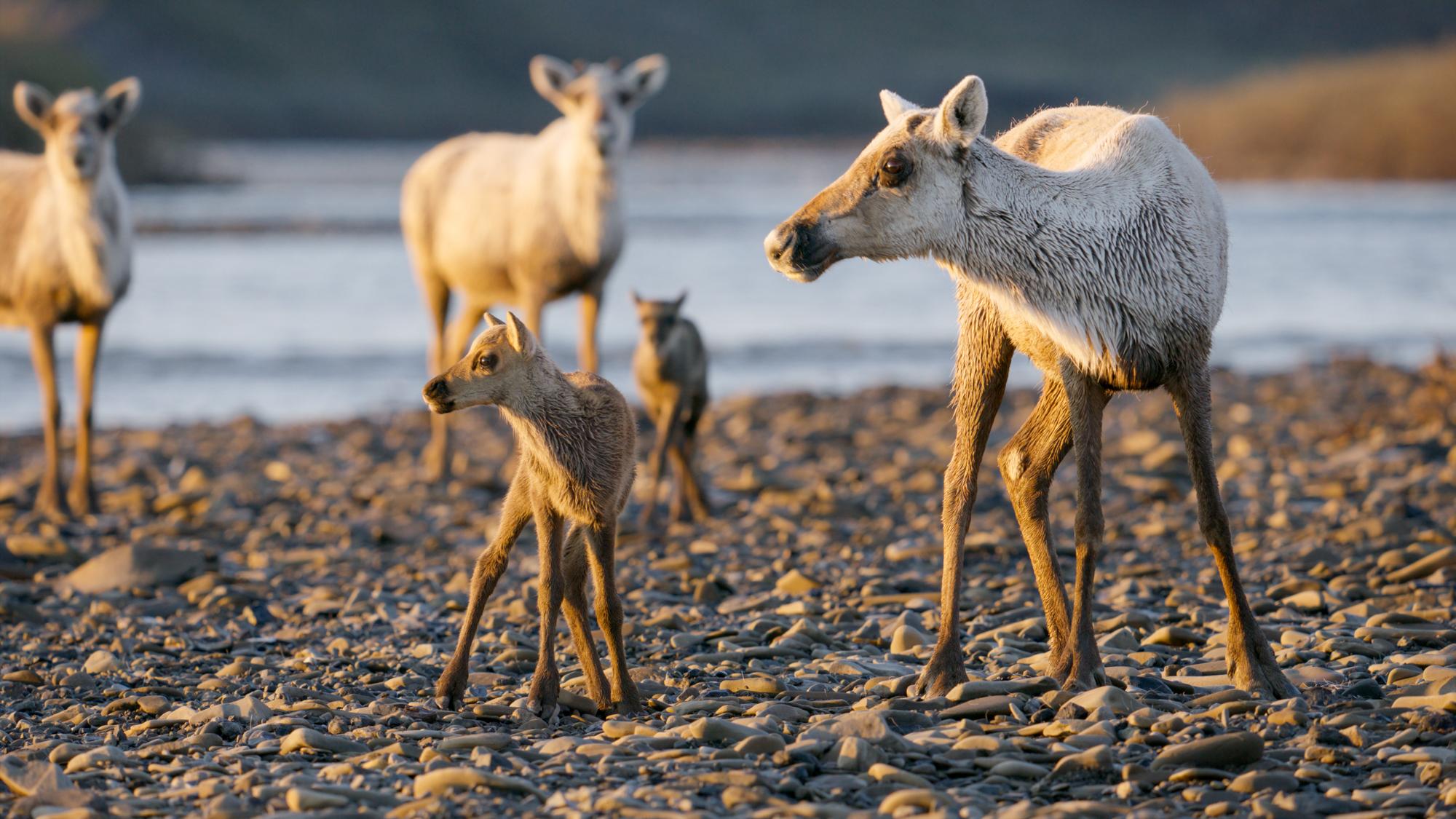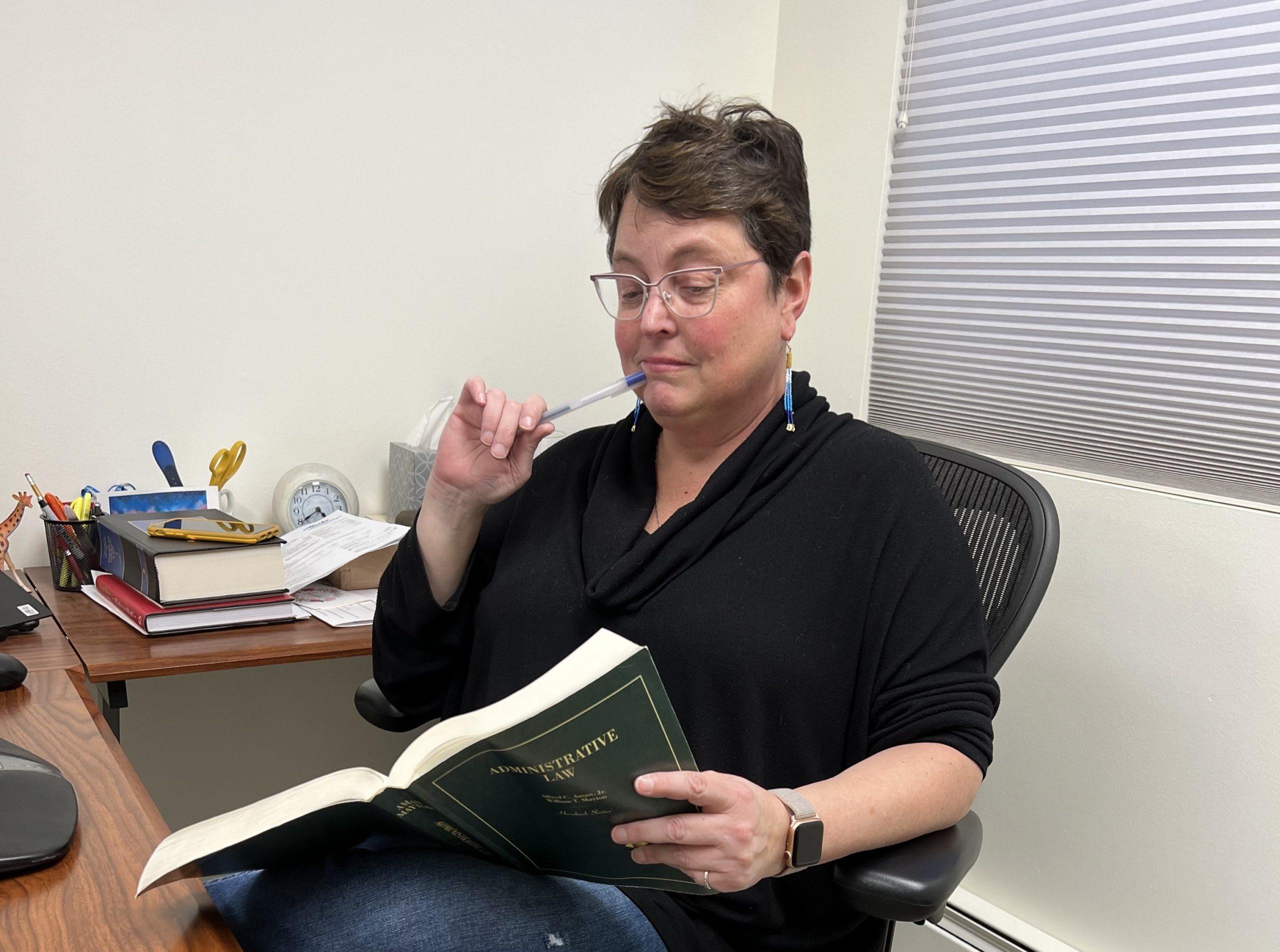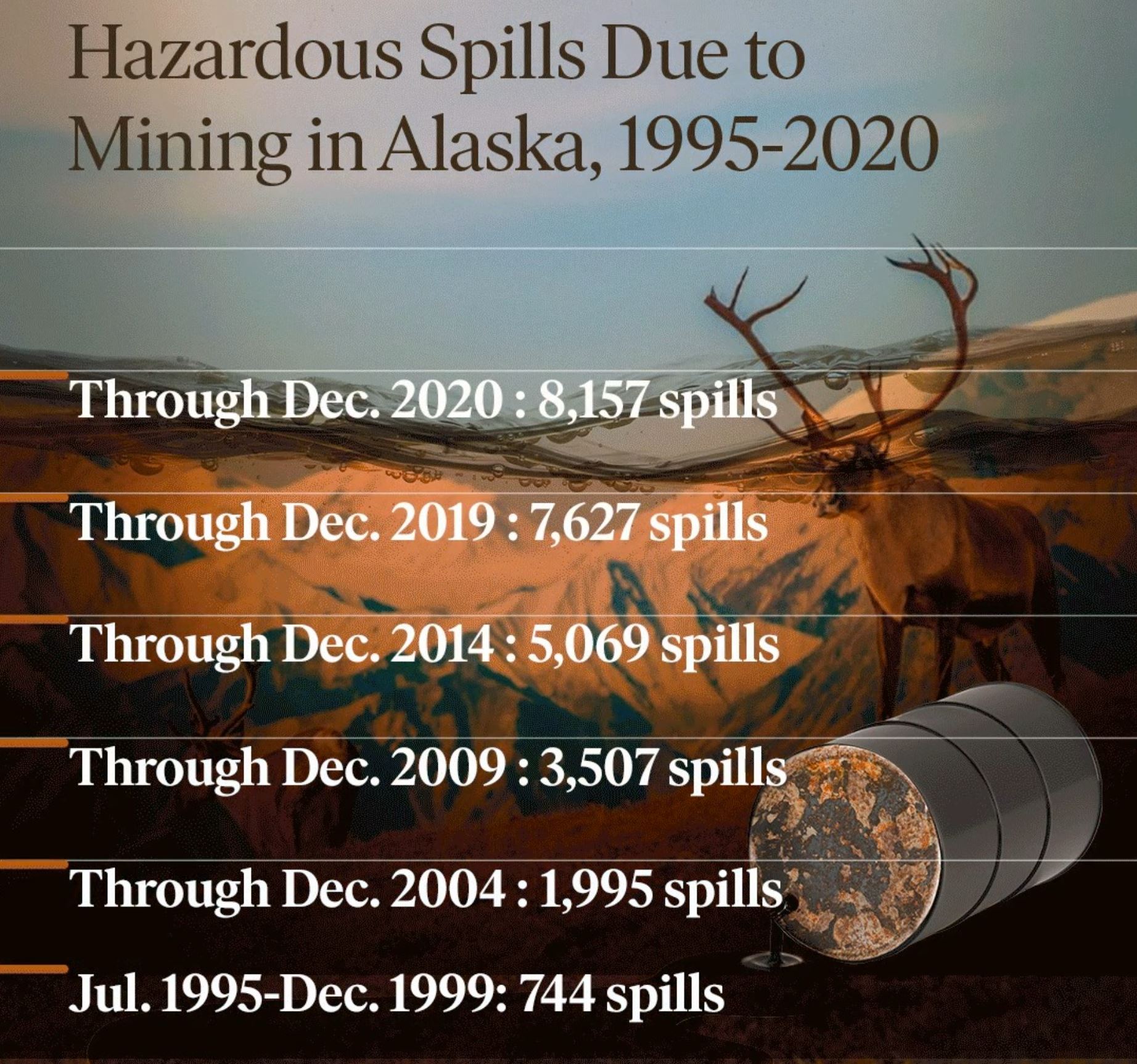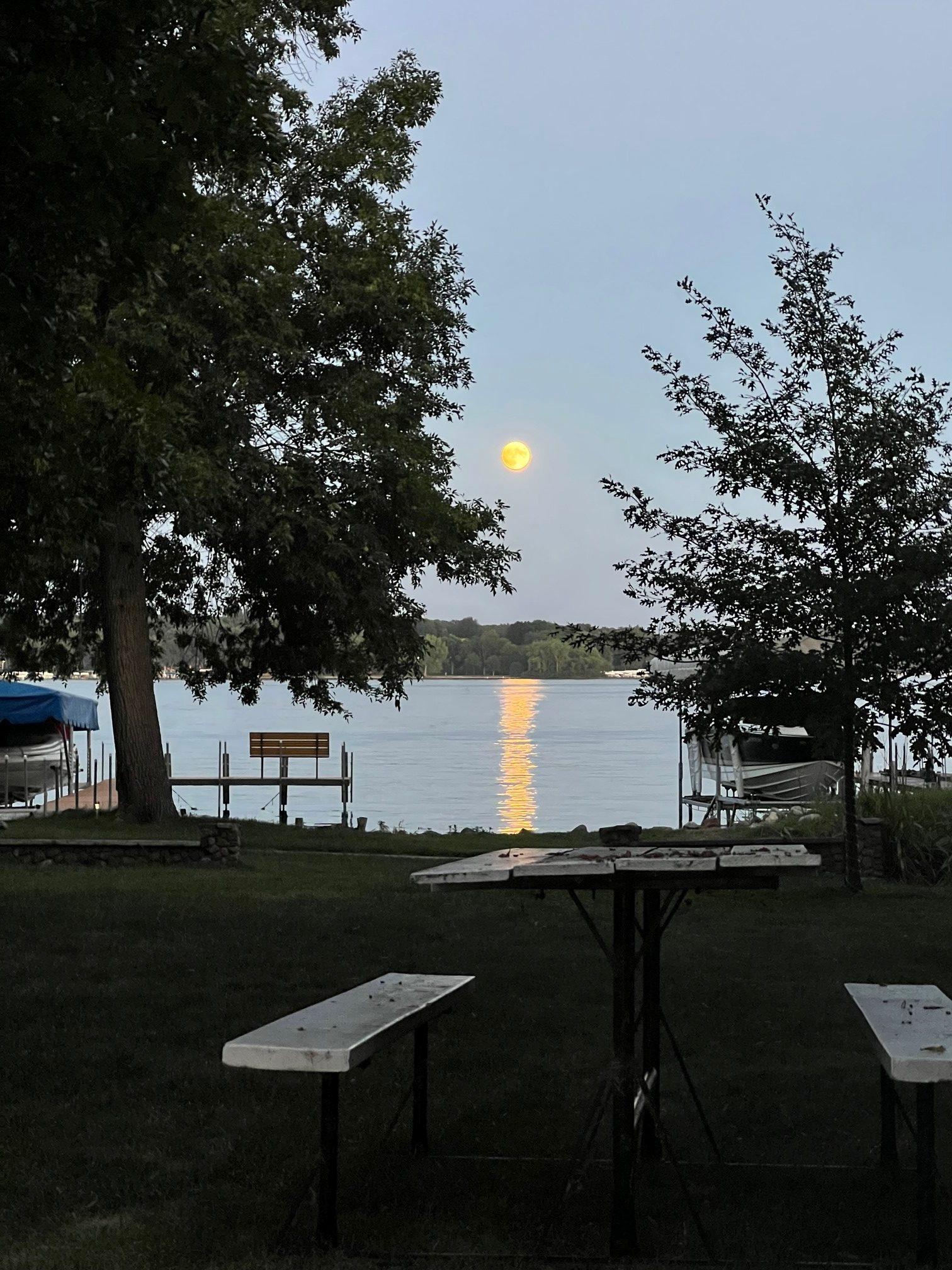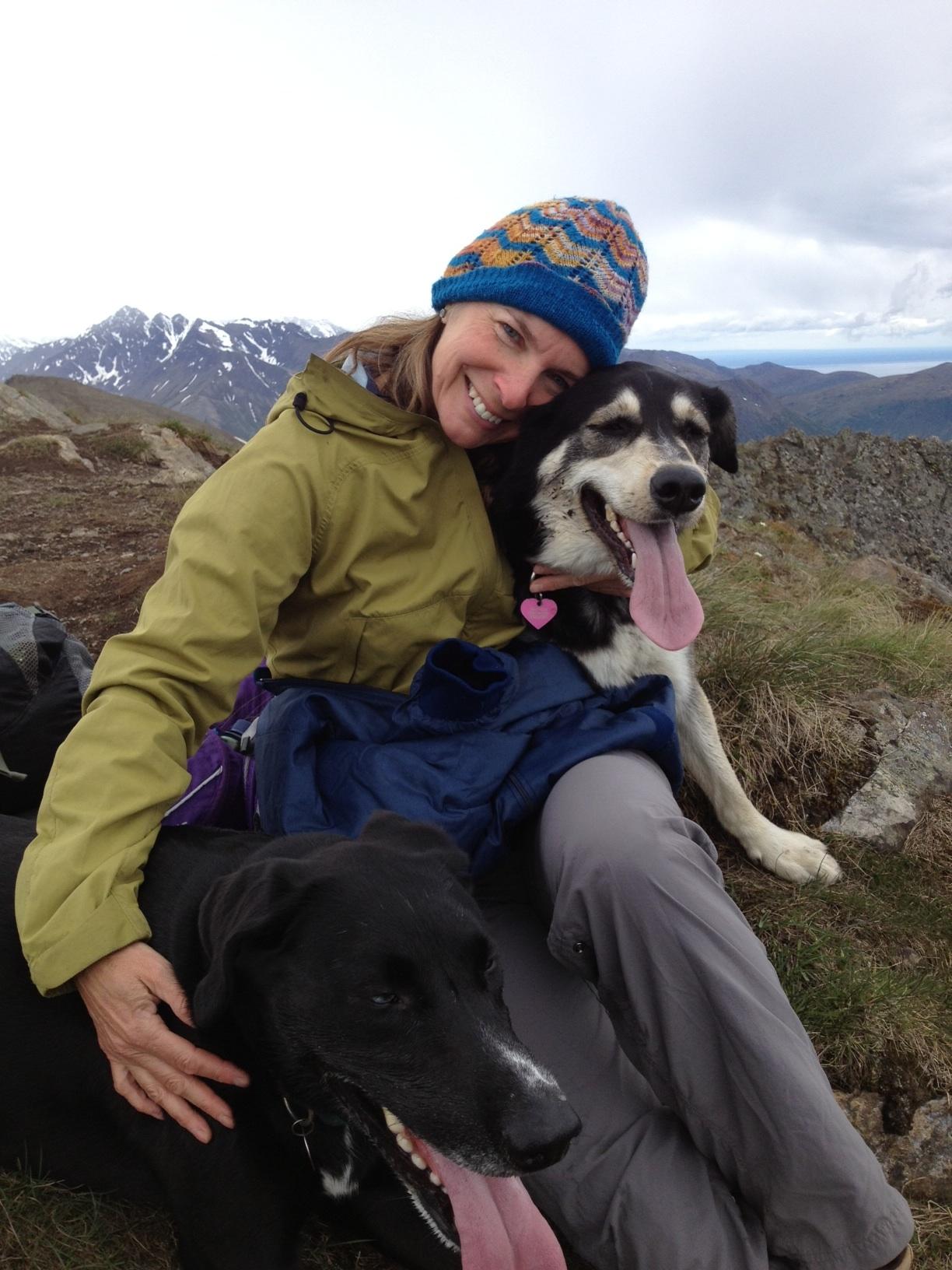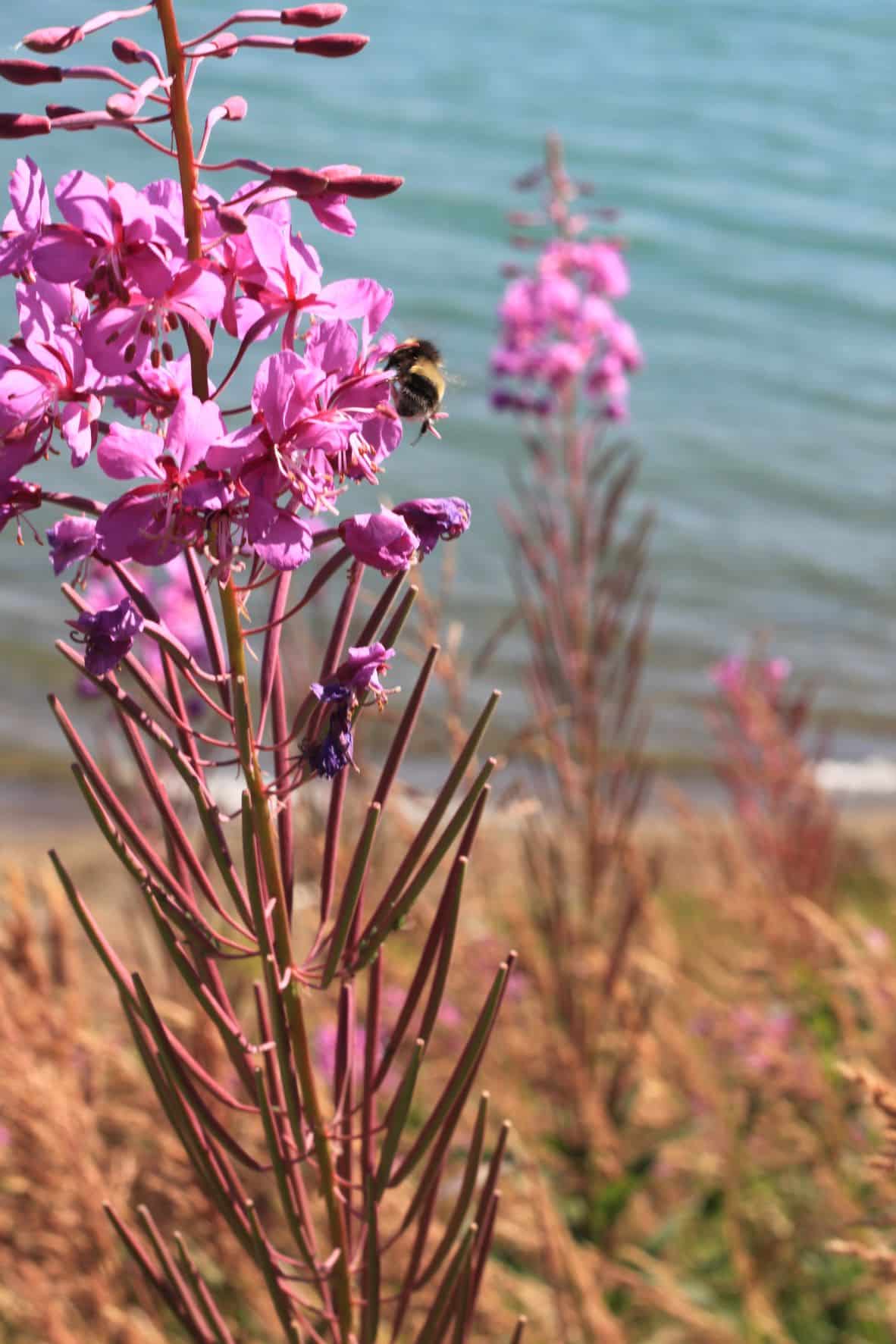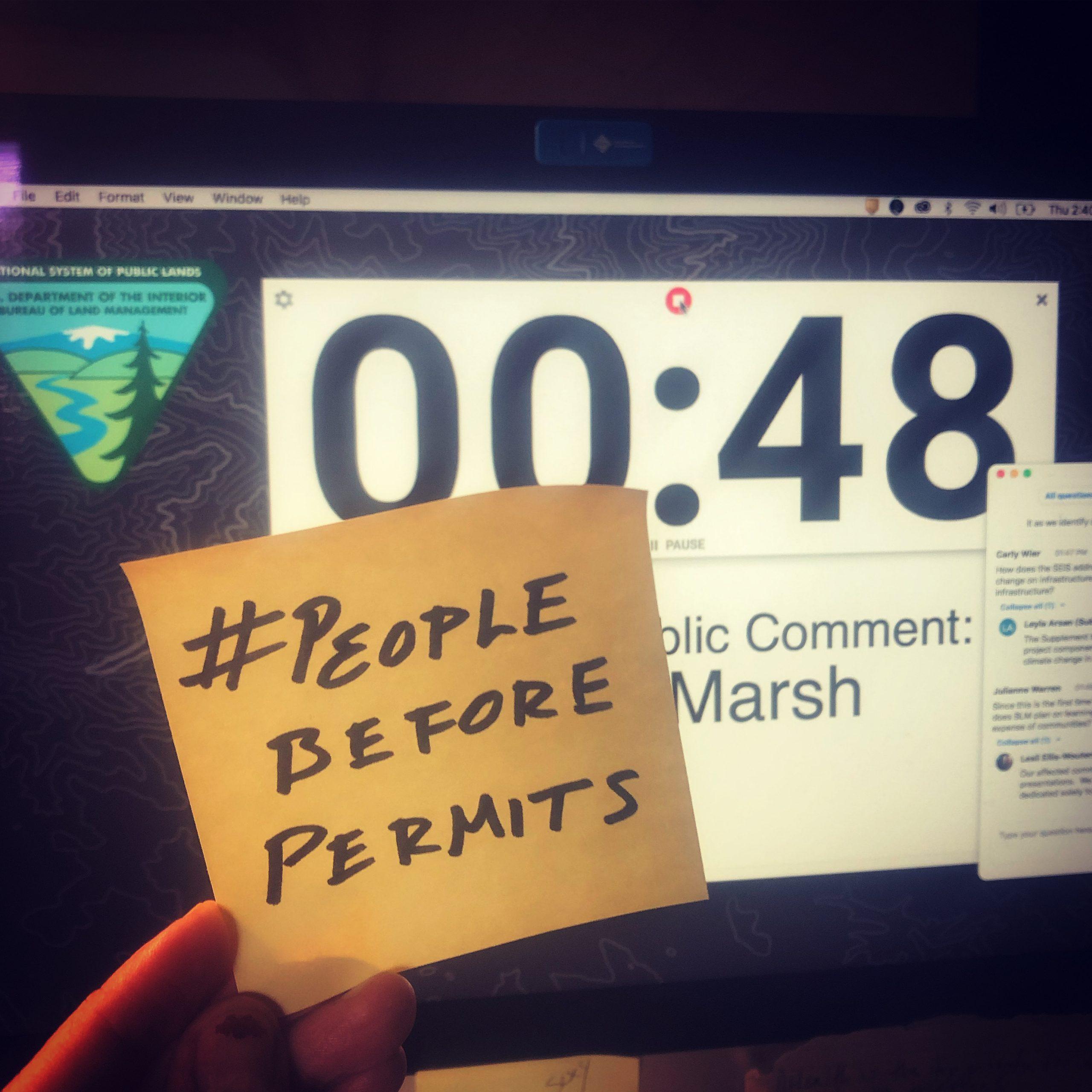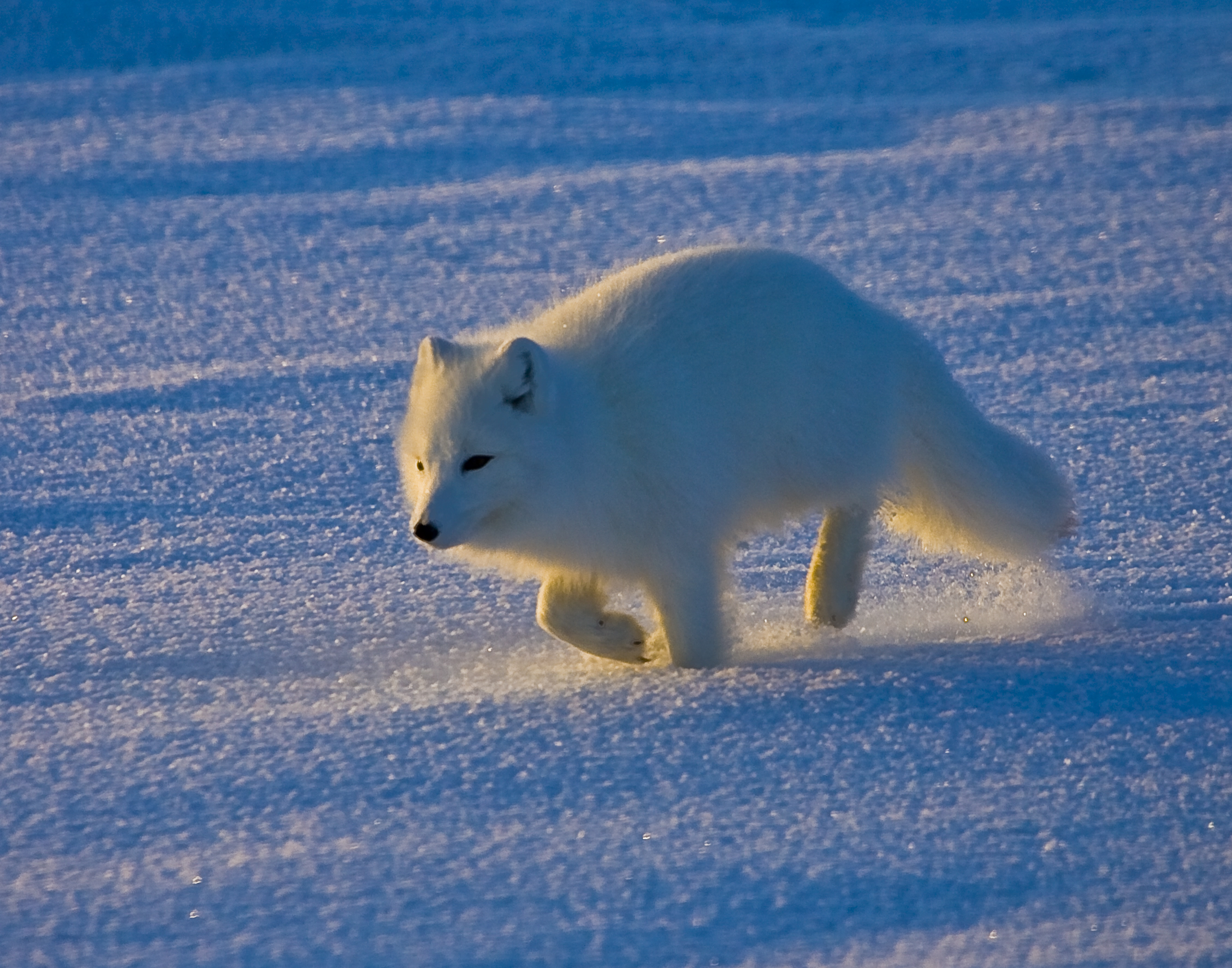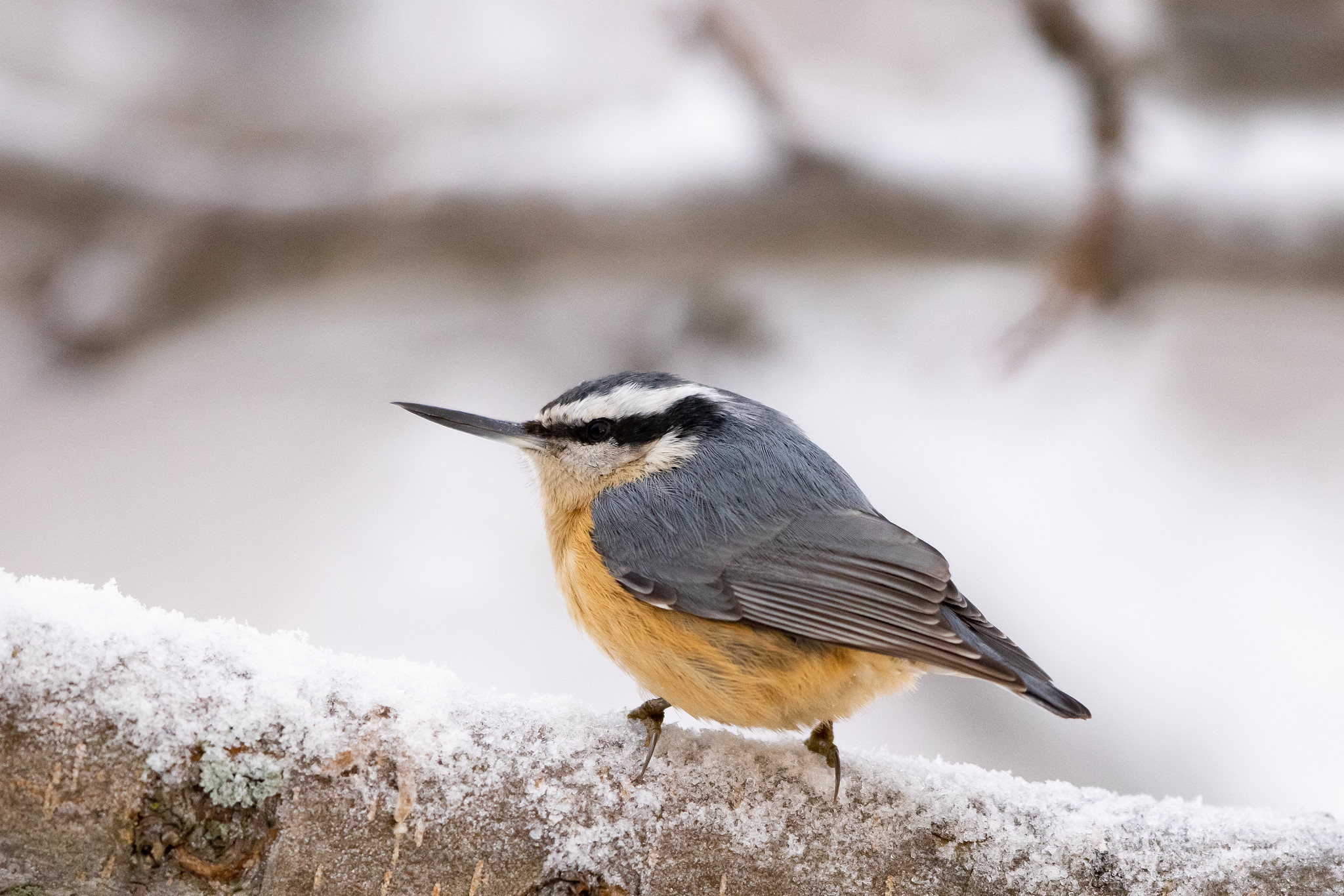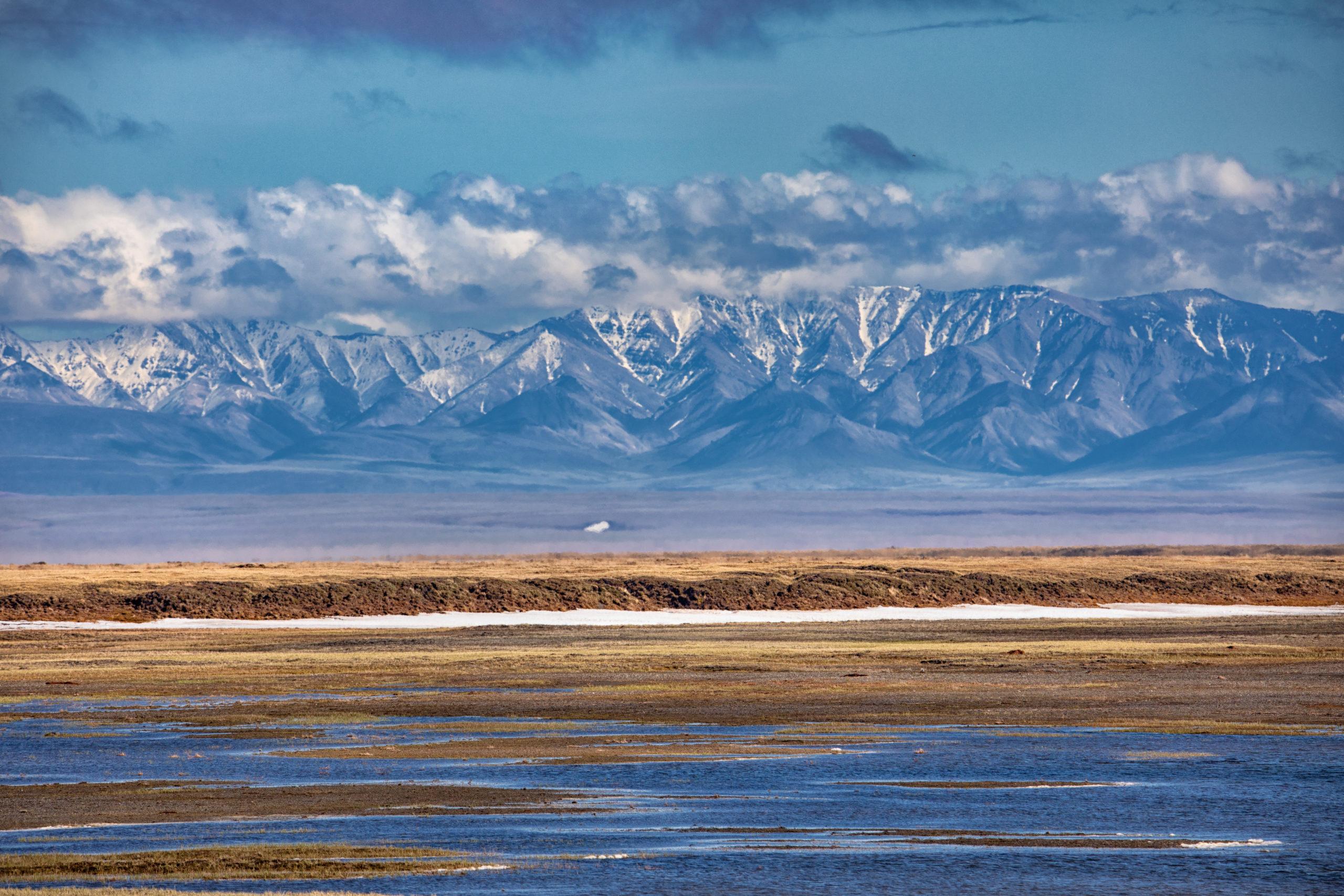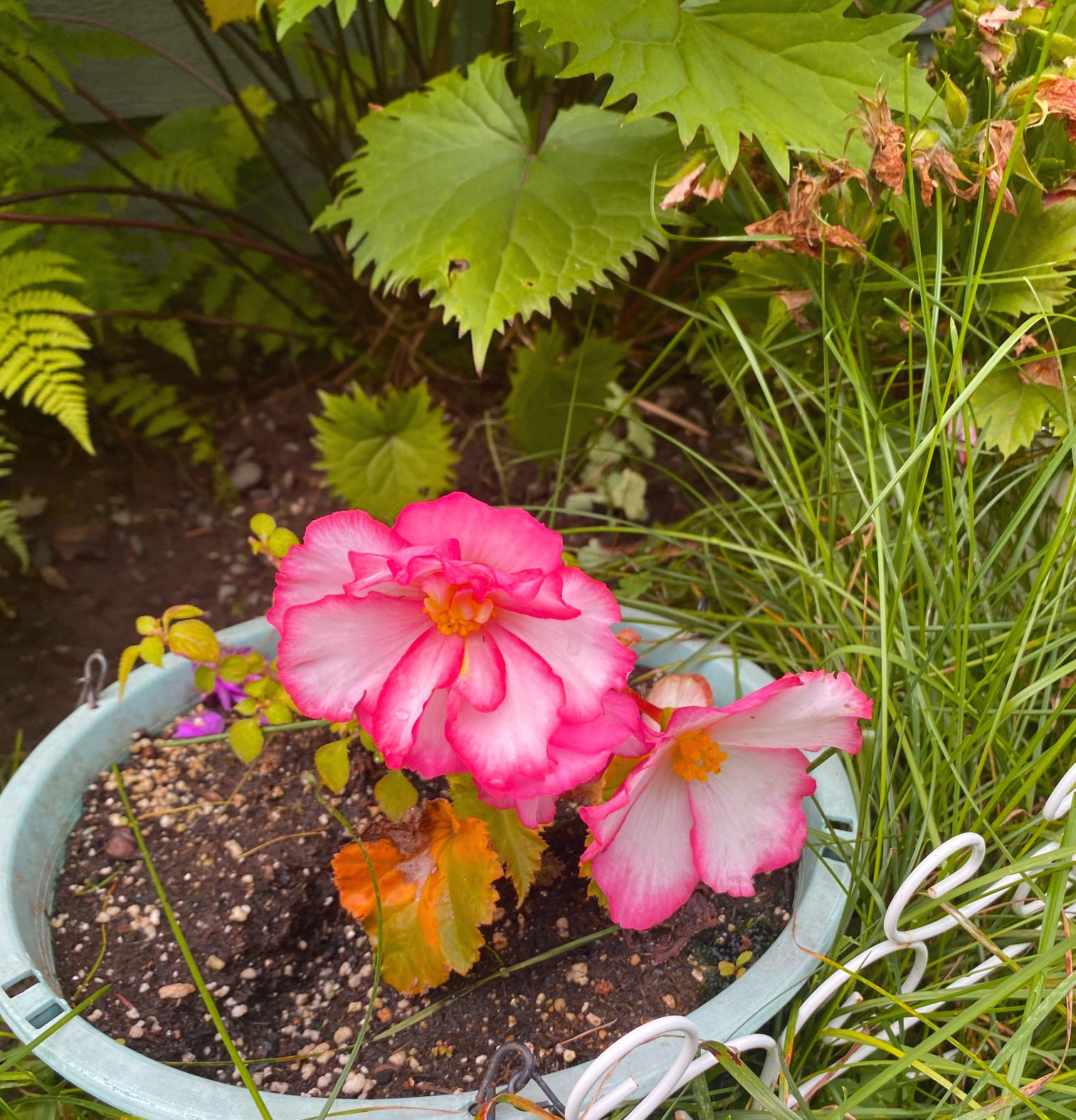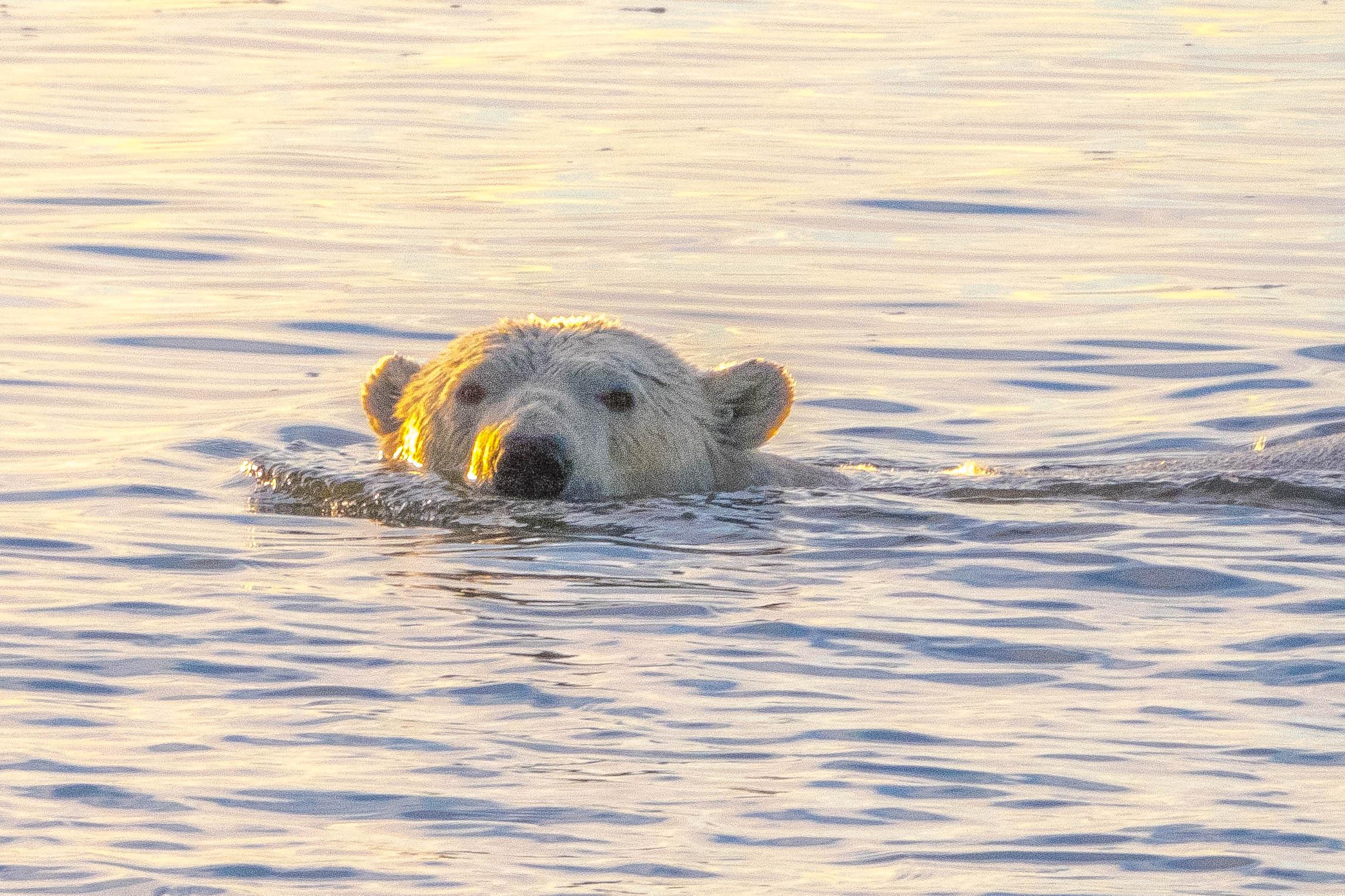You searched for climate change
-1
search,search-results,paged,paged-5,search-paged-5,bridge-core-3.3.1,qode-page-transition-enabled,ajax_fade,page_not_loaded,,qode-title-hidden,qode-child-theme-ver-1.0.0,qode-theme-ver-30.8.1,qode-theme-bridge,wpb-js-composer js-comp-ver-7.9,vc_responsive
Spend Summer 2014 Protecting Alaska’s Environment!
UPDATE: We have filled all 2014 Summer Intern positions. If you are...March 2013 Legal Brief Newsletter
Greetings, I used to enjoy seeing beluga whales frolicking in the waters...October 2012 Legal Brief
Dear Supporter, Throughout Alaska we continue to feel the impacts of climate...Groups Warn That Healy Coal Plant Cannot Operate Without New Clean Air Act Permit
Plant must control dangerous air emissions Conservation and ratepayers groups today issued...Beyond control: The fight for science, ethics, and coexistence in Alaska’s predator policies
By Madison Grosvenor Last month’s court ruling that found the State of...360 degrees around
By Tracy Lohman The flight from Seattle to Tokyo was ten-plus hours...What does the law do? ANILCA and public lands in Alaska
Welcome to our first piece in a series of articles about what...Our response to the Trump administration’s industrialization agenda in Alaska
The Trump administration released a rash of executive orders on Jan. 20....Alaska News Brief December 2024. Keep bringing the light.
20 Dec, 2024
in 50th anniversary, Litigation, News, Newsletters, People & Places, Wild Lands & Wildlife
Winter just started, according to the astronomical calendar, but most Alaskans have...
in 50th anniversary, Litigation, News, Newsletters, People & Places, Wild Lands & Wildlife
Drinks with Ashley—because Texas wasn’t big enough
By Dawnell Smith Ashley Boyd caught herself off guard this summer when...The second decade—dialed up to 11
By Dawnell Smith If you sum up the 1980s in a few...A big step toward no Ambler road + new rules protect more of the Arctic
By Dawnell Smith We just got two pieces of great news that...A month in the life of protecting the Arctic
We won in court and are still in court to protect Alaska's Arctic region. Learn about upcoming comment periods by signing up for our newsletter.BREAKING: Biden administration approves Willow project, locking in massive greenhouse gases for decades
The Biden administration approved the ConocoPhillips’ Willow project today, locking in oil and gas drilling and massive greenhouse gas emissions for decades. This decision undermines Biden’s climate promises and puts industry interests before the health of people and the planet.Hitting the books again: Alaska News Brief January 2023
We had some big changes at Trustees last year. We moved into...To make is to share, a winter solstice reflection
Every December as the shortest day of light approaches, we like to...Between a rock and a hard place: Pushing for “green energy” mining could replace one catastrophe with another
By Dawnell Smith Clean energy is in the air these days—in the...From disillusionment to advocacy–my path to environmental law
Growing up, I probably wouldn’t have considered myself an “environmentalist.” No, I wasn’t a climate denier or serial-litterer. I was always - and still am - a big lover of the outdoors and would have supported anything to protect it! Rather, I was disillusioned with the conservation and environmental movement as I had perceived it in my hometown of Portland, Oregon, and as I related to it as a person of color.An August surprise: Alaska News Brief August 2022
Last week I flew down to Iowa to surprise my sister Julie...The ache and the awe of tender gravity
Marybeth Holleman’s first book of poetry, “tender gravity,” came out this month,...The gift of good guidance: Alaska News Brief July 2022
Summer officially runs from summer solstice on June 21 to the fall equinox on September 22, but in Alaska it feels more fleeting. Already, it seems half gone. Maybe it’s because the changes in light feel palpable, and plant and garden growth comes so fast you can hardly keep up. Salmon runs suddenly get hot and then quickly wane; berries get plump and within weeks picked over by bears and dogs and humans; shorts and t-shirt days feel almost oppressive when coupled with wildfire smoke and no wind, yet will soon give way to the first frost.Litigation 101: What is a supplemental environmental impact statement and why is the one for the ConocoPhillips Willow proposal so dodgy?
By Dawnell Smith Agencies produce environmental impact statements to analyze and assess...Stories can teach, stories can lie: Alaska News Brief April 2022
15 Apr, 2022
in America's Arctic, Bristol Bay, Clean Air and Water, Climate Change, Newsletters, Wild Lands & Wildlife
It doesn’t take long spending time with dogs, bears, birds and bees to know they communicate. Some animals even manipulate. Only human animals uniquely share knowledge, wisdom, tall tales and lies through stories. The writer Margaret Atwood describes the origin of storytelling as the coupling of language with concepts of the past, present, and future to help people learn about what happened before—to teach people things to avoid having to learn by trial and error every time.
in America's Arctic, Bristol Bay, Clean Air and Water, Climate Change, Newsletters, Wild Lands & Wildlife
All the wings in motion. Alaska News Brief February 2022
The thick sludge of winter can get to me sometimes. The dark, the cold, the cycling from snow to slush to ice to snow to—you get the picture. All of it gets old. I suppose that’s how cycles feel sometimes. That’s why we have to break out of them—at least in terms of our emotions and perspectives.An Arctic wish list with 2022 resolve
Our work feels less frantic and chaotic than it did a year ago. Nonetheless, the divisive 2020 election that led to an insurrection slashed any hope of taking a break from staying vigilant about defending democracy, ensuring climate action, and sustaining the health of Alaska’s lands and waters. Yes, a lot has changed in 2021, with real hope that climate policy will honor and prioritize frontline communities and Indigenous ways of life. Yet the Biden administration continues to defend Trump era decisions and actions that threaten Alaska communities, animals, and landscapes.Alaska News Brief August 2021: When the raspberries pop
The raspberries in my yard started to pop this week, sweet and plump, and fiery purple fireweed blooms started to reach their peak. It gets dark now, too, and animals fervently prepare for winter—as do we. August tells me to gather and process food, button up summer projects, finish chores, prepare for winter, and soak up the last warmth of sunny (though cooler) days every chance I get. Predictably, and also suddenly, summer’s end foretells itself via wilted flowers and late season blossoms, growth surges and decay.



